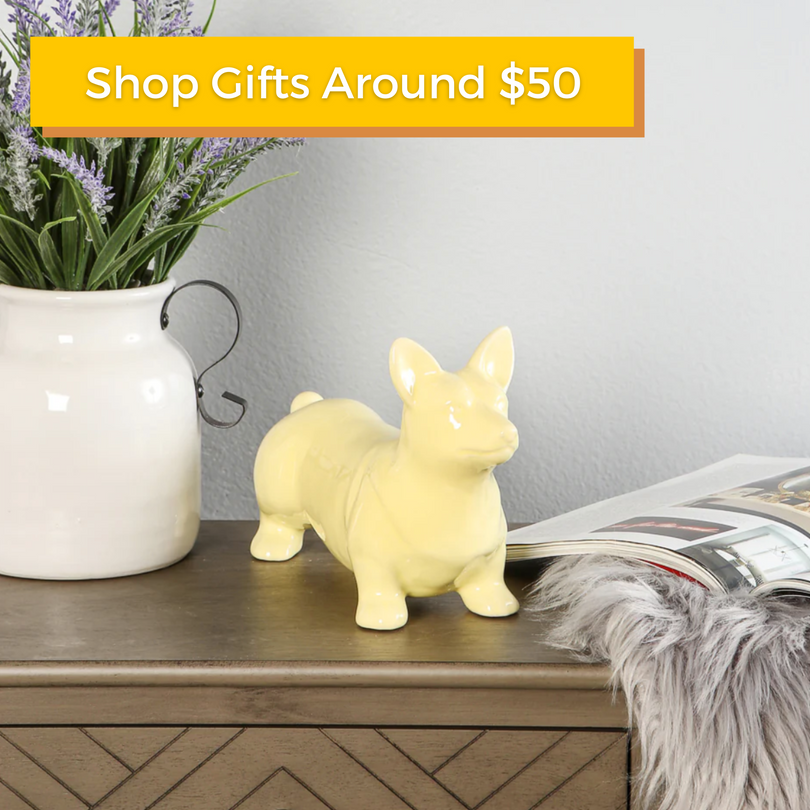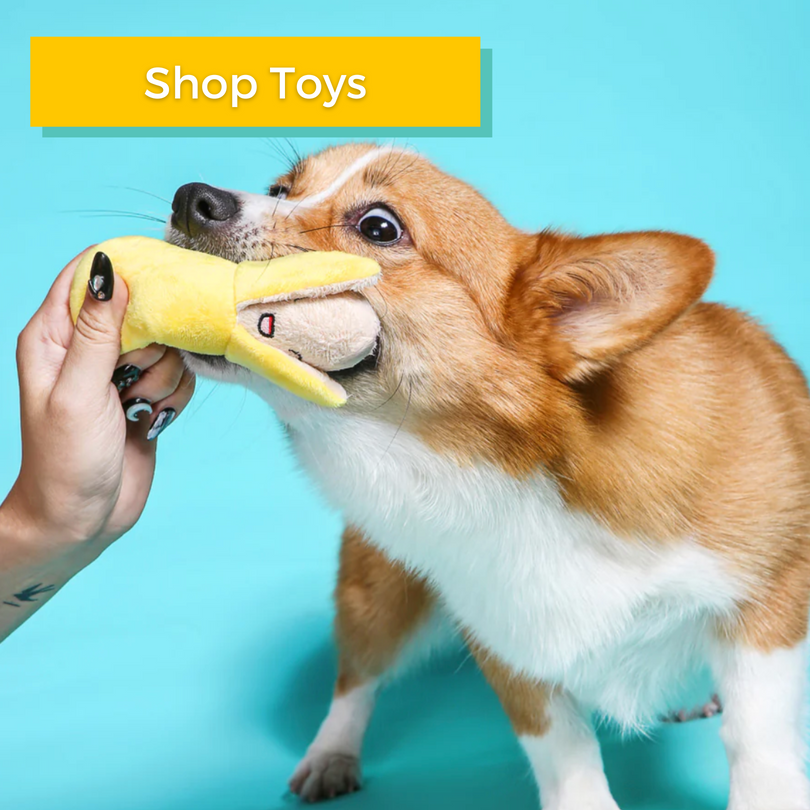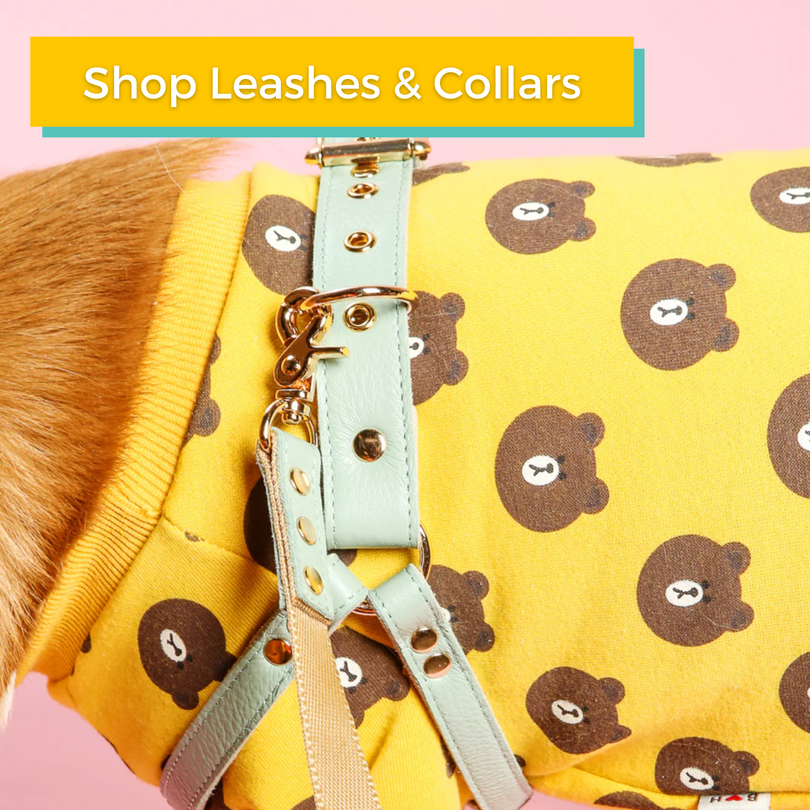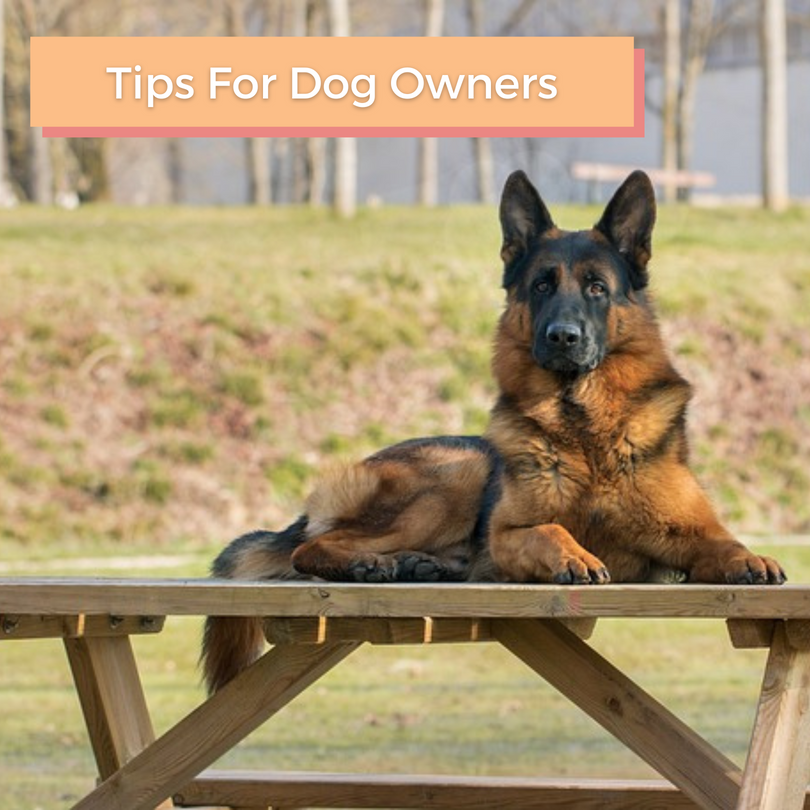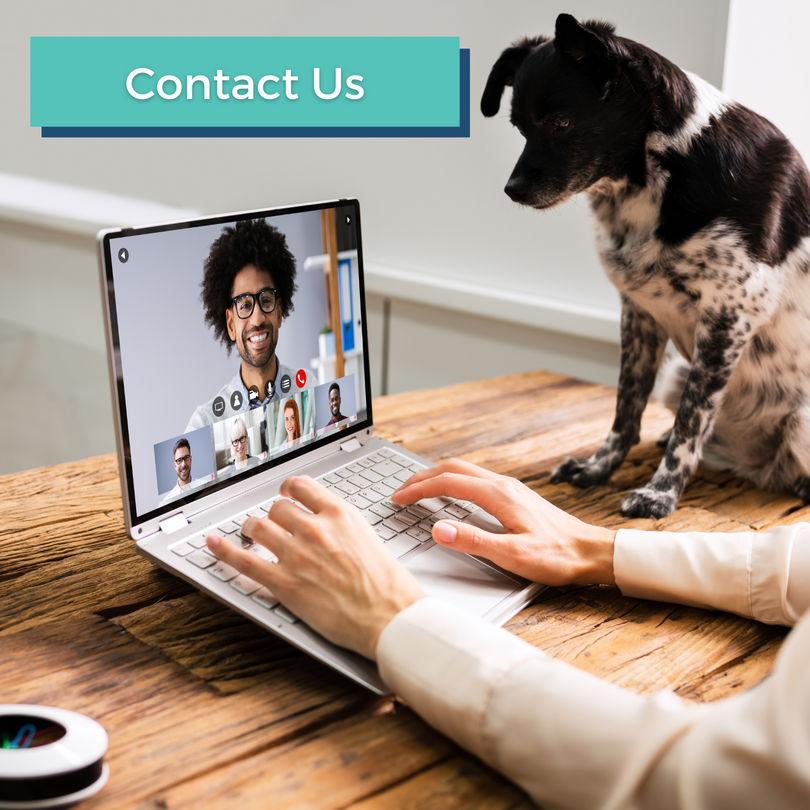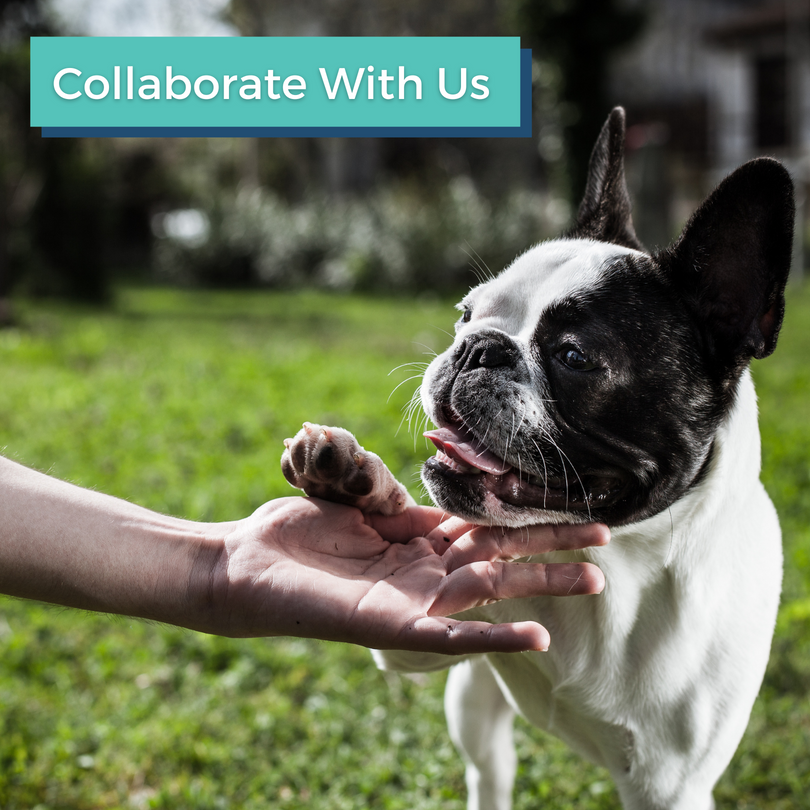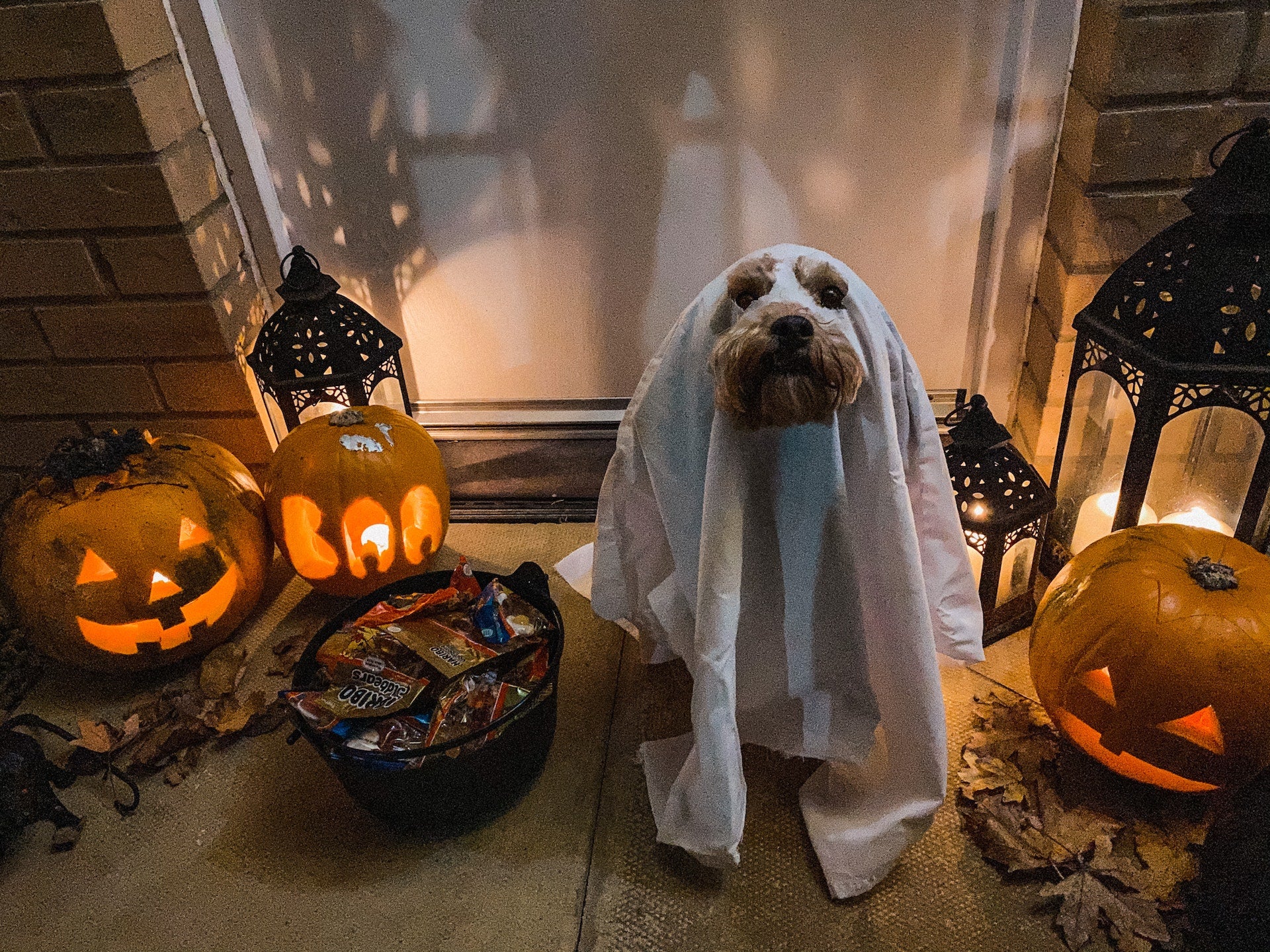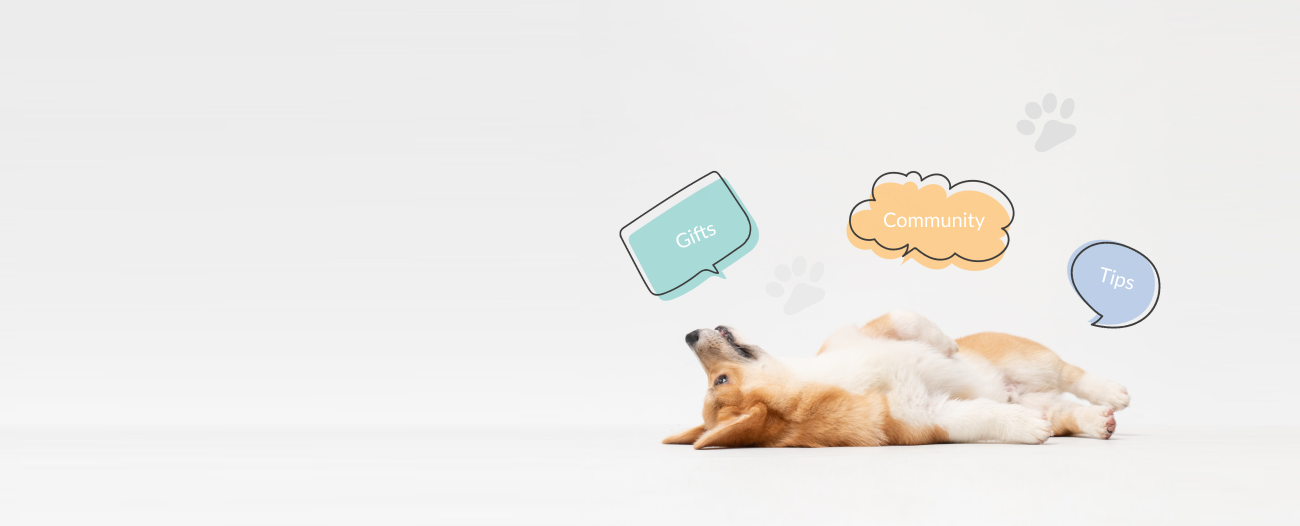When you adopt your pooch as a little pup, it's hard to imagine someday Fido will age, slow down, and not be as spunky as he was in those early years.
Here's some advice on keeping your pup comfortable in their Golden era.
Maintain their appointments
Don't neglect their vet! "Elderly dogs need more regular check-ups, as they can develop a range of medical issues that many owners don’t notice in the earlier stages," says veterinary surgeon Dr. Linda Simon, MVB MRCVS, a consultant for FiveBarks. "Things like arthritis, heart disease and dental disease can go unnoticed by even the most dedicated owner."
According to Dr. Simon, at least every 6 months, bring Fido to your vet for a physical exam. "Also, annual blood tests are not a bad idea to detect any medical conditions like renal or liver disease early on."

One step ahead - literally
Make sure Fido still gets his exercise as he ages. He may not be as jumpy as he was 5 years ago, but he still needs to stretch his legs and wag his tail outside. A loss of muscle mass can speed up the aging process, so make sure your dog still goes on walks to keep their muscular strength and metabolism.
You'll be able to tell when your dog starts slowing down--and it won't be easy to witness. If you think your dog is in pain, consult immediately with the vet.
Daily walks are also great and crucial ways to maintain your pup's weight. Just like humans have heart rate monitors and fitness tracker watches, they're available for pets as well!
You want to help prevent obesity in all your pets. The thinner your pooch is (but not too thin--again, check in with the doctor) the easier it is for them to move around, sleep comfortably, and minimize the effects of arthritis in their joints.
Upgrade their sleep space
You're not going to like this one, I'm sorry--but as much as you love cuddling with Fido in your bed, as he ages, he should probably have his own doggie bed.
Heated dog beds and orthopedic dog beds can help sooth arthritis in senior dogs. Just like sleep experts insist humans thrive on 8-hours of interrupted sleep, pooches also need a painless, wonderful night of sleep, which can improve their quality of life and ease their pains.

Make mobility easier
I remember being so upset when my childhood Golden Retriever, Cinny, slipped on the always slippery kitchen floor while trying to walk to her dog bowls. She was old by then and walking around was getting harder and harder. So, consider making adjustments around the house so it's easier for your dog to get around.
For example: place a ramp on the porch so your dog can avoid walking down steps, or add more area rugs so Fido isn't slipping and sliding on wooden floors. You can even put doggie socks on Fido's paws for a more solid grip as he walks around seeking cuddles and doggie treats.
Chances are, you'll also need to move Fido's food and water bowls. If your doggie loves laying next to your cushioned chair in the den, then move the bowls next to it.
Vision is one of the first things to "go" as a dog ages, so keep this in mind as your dog ages and invest in some night lights or brighter lamps!

